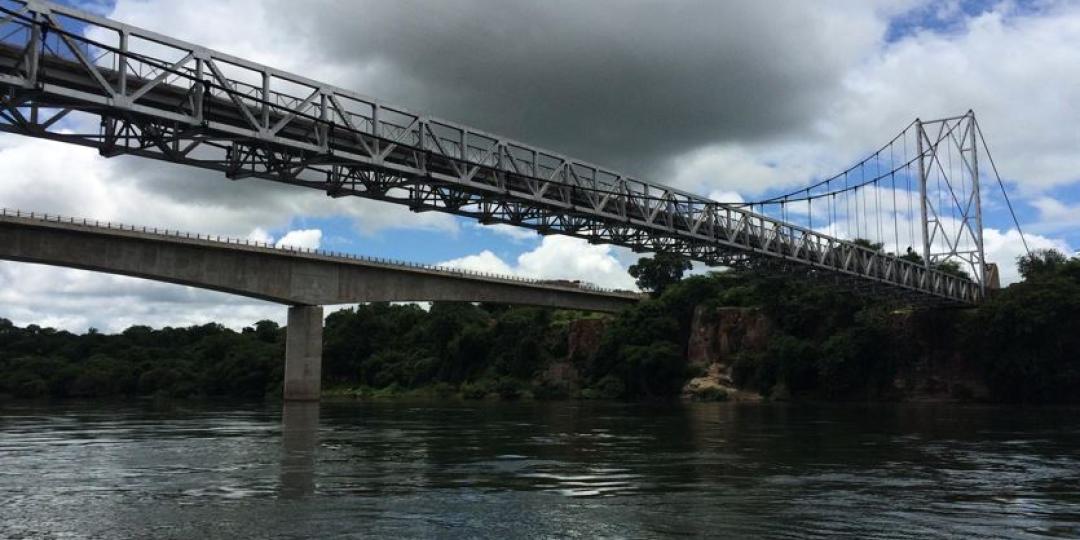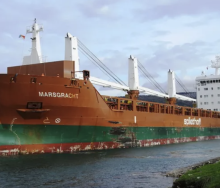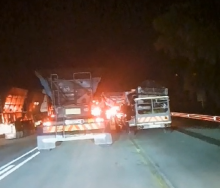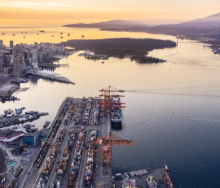One of the most problematic borders on the important North-South Corridor (NSC) into the copper belt area of Zambia and the DRC last night told the Federation of East and Southern African Road Transport Associations (Fesarta) that it was open on a 24/7 basis.
This was confirmed by Mike Fitzmaurice, a One-stop Border Post (OSBP) consultant who visited Chirundu on a fact-finding mission in January.
Principally the visit served to identify challenges preventing the Zambezi crossing between Zimbabwe and Zambia from returning to previously established OSBP systems and services.
Fitzmaurice, who also heads Fesarte, said: “We looked at what it would take to make things work and spoke to officers and customs officials.
“We found that there’s enough will to make it work and received commitment from all parties concerned to solve Chirundu’s congestion issues.”
This initiative by the two countries’ revenue authorities, Zimra in Zimbabwe and the ZRA in Zambia, confirmed that there was enough mutual drive to make things work, Fitzmaurice said.
He added that the 24/7-decision was effective immediately - and while 24/7 operations were still at a tentative stage, the remainder of the year would be used to fine-tune legal-technical aspects of the OSBP.
This morning, in a post on the federation’s Transist assistance group, Fesarta members were informed of the following: “Chirundu is now operating 24/7 in both directions. The legal framework is being proposed to both the governments of Zambia and Zimbabwe and we hope to have this drafted into the OSBP act by 2021. 24/7 operations will continue until the legal process is concluded.”
Fitzmaurice said it was reassuring that the recommendations made to Zimra and the ZRA following January’s fact-finding mission had been taken to heart, and that it was hoped Chirundu would in time be restored to the OSBP it used to be about 10 years ago.
He added that given the multitude of challenges that had snagged supply-chain at the border crossing in the past – corruption, congestion and, of late, Covid-related delays mainly caused by driver testing – the developments at Chirundu would significantly improve movement on the NSC.
Identifying challenges during the first few months of the OSBP could also prove helpful to public-private stakeholders involved in implementing the African Continental Free-trade Area.
Fitzmaurice added that recent delays experienced at the border had been attributed to changes, especially on the human resource side, in a bid by authorities to root out corruption.
“Arrests have been made and people who were in cahoots with smuggling rackets have been replaced. Altogether it bodes well for Chirundu and there’s no reason why cargo clearing at this border should not be vastly improved in the next few months.”













